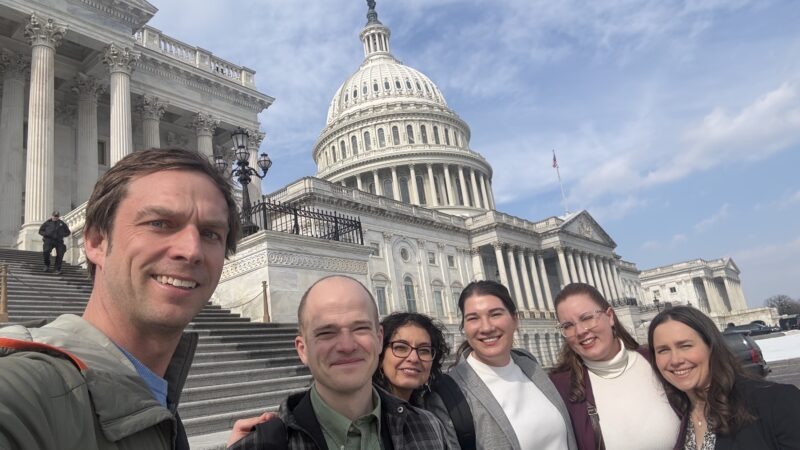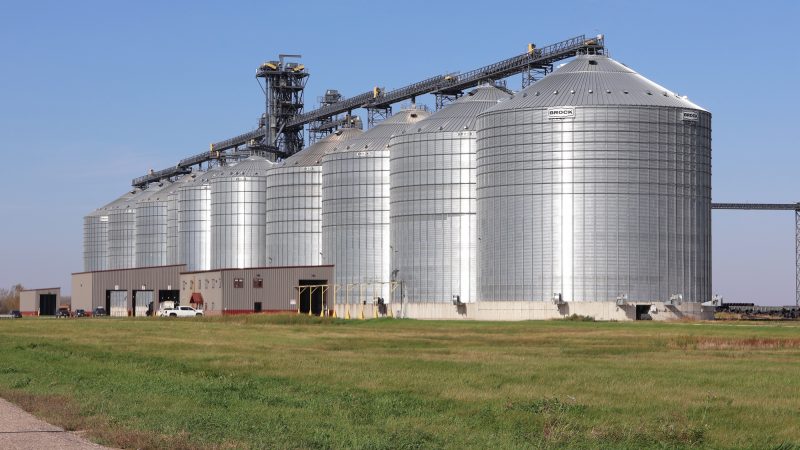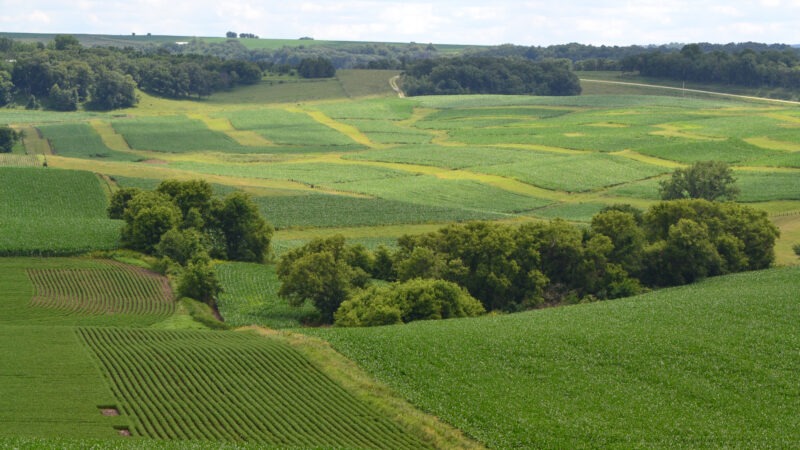Organizing from the grassroots level to the halls of Congress, the Land Stewardship Project has played a national role in winning important policy changes like the Conservation Stewardship Program and the Beginning Farmer and Rancher Development Program. Congressional Farm Bills have a dramatic impact on the land and our communities.
U.S. farm policy still heavily favors land-damaging agricultural systems based on factory farming and monocultural cropping. Farm policy also subsidizes with public funds the concentration of land ownership and control in increasingly fewer hands. Major change is needed.


